When it comes to the world of semi-trailers, a plethora of components contribute to their functionality and safety, yet few garner as much interest as the apron. This seemingly simple part plays a pivotal role in the overall design and operational efficiency of a semi-trailer. In this detailed guide, we will dive deep into what an apron is, its significance, and the various types available in the market.
What is the Apron on a Semi-Trailer?
The apron is a critical structural component that sits at the front of a semi-trailer. It is designed to connect the trailer with the tractor unit via the fifth wheel coupling. Typically made from high-strength materials such as steel or aluminum, the apron provides not just support, but also stability when the trailer is in motion.
Key Functions of an Apron
- Connection Point: The primary role of the apron is to serve as the attachment site for the fifth wheel, where the tractor and trailer connect.
- Weight Distribution: It helps distribute the weight of the load being carried, ensuring that the trailer remains balanced and stable.
- Protection: The apron protects the internal mechanisms of the fifth wheel as well as the structural integrity of the trailer.
- Safety Features: Many aprons come equipped with safety features like anti-wear coatings that enhance durability and increase longevity.
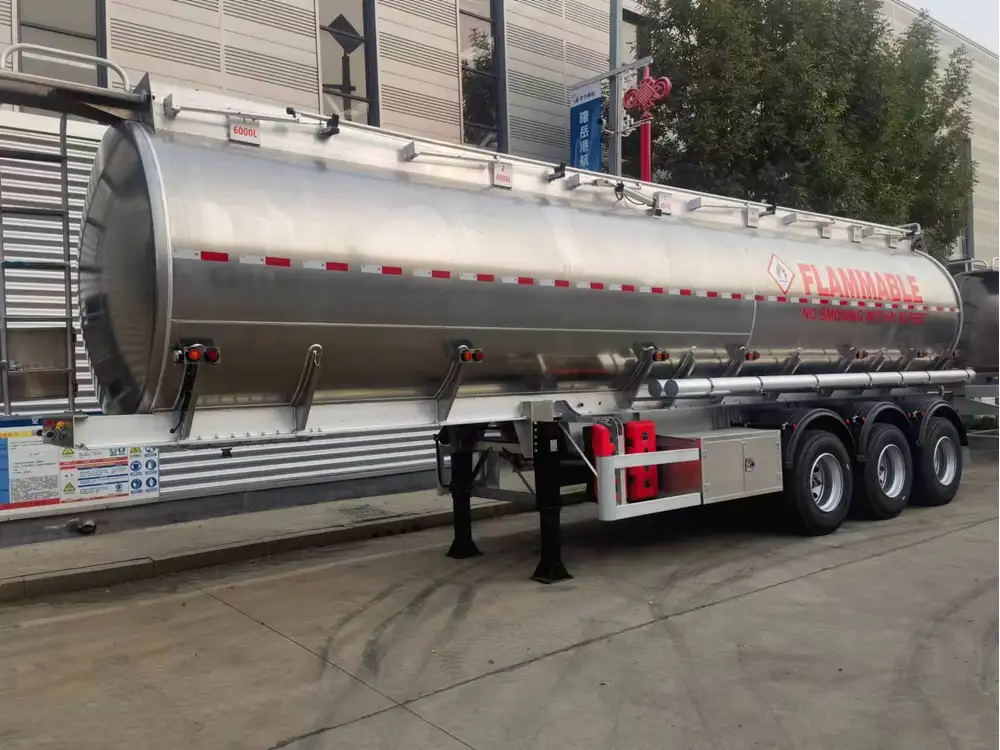
Types of Aprons
Understanding the different types of aprons can help operators and manufacturers make more informed choices regarding their semi-trailer specifications. Below is a comparison of the most common types.
| Type | Material | Key Features | Applications |
|---|---|---|---|
| Standard Apron | Steel | Basic design, cost-effective | General freight transport |
| Heavy-Duty Apron | High tensile steel | Reinforced for extra strength | Heavy loads and specialized use |
| Lightweight Apron | Aluminum | Reduced weight for fuel efficiency | Long-distance hauling, lightweight loads |
| Custom Apron | Various alloys | Tailored designs for specific needs | Specialized transport solutions |
Standard Apron
Most commonly used in the transport industry, standard aprons provide a robust connection at an affordable price point. They are suitable for general freight transportation and come in various sizes to accommodate different trailers.
Heavy-Duty Apron
When transporting heavy loads, the heavy-duty apron shines. Engineered to withstand extreme stresses and rigors, it boasts a thicker design and often includes enhancements such as additional bracing.
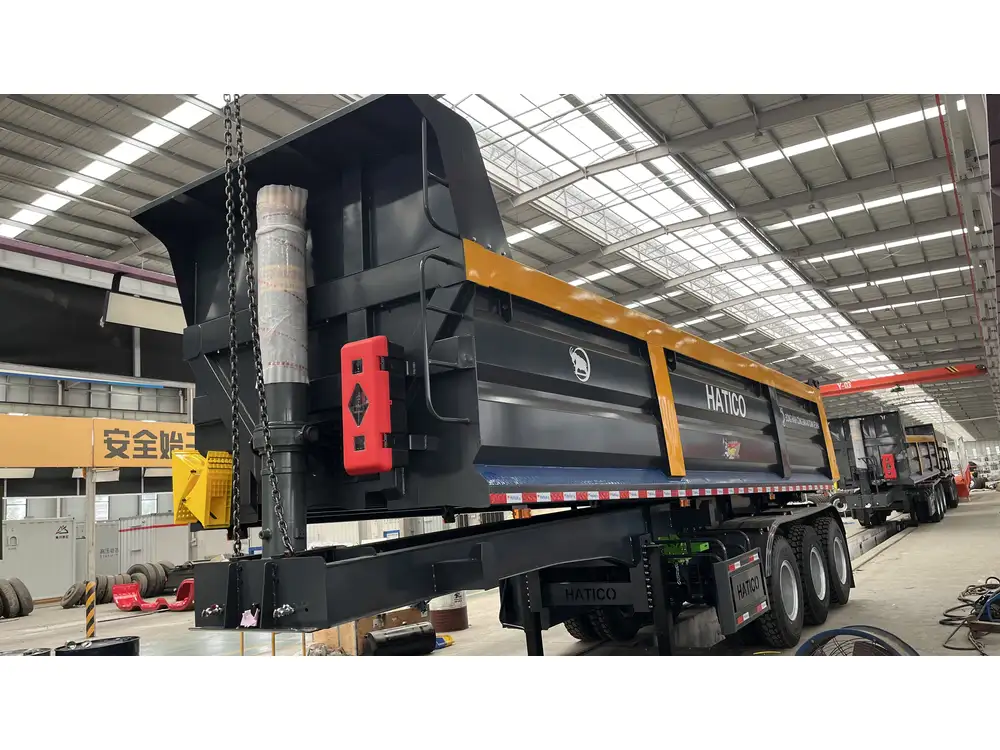
Lightweight Apron
Lightweight aprons have gained traction due to their fuel efficiency benefits. Constructed from high-grade aluminum, they can significantly reduce the overall weight of the semi-trailer, leading to improved miles-per-gallon and greater payload capacity.
Custom Apron
For companies with specialized requirements, custom aprons are an optimal choice. These aprons can be designed to meet unique operational needs, accommodating specific types of loads or integrating additional features for enhanced functionality.
Factors to Consider When Choosing an Apron
The decision of which apron to select is not merely a logistical one; several factors play a crucial role in ensuring that the right choice is made:
- Load Capacity: Assess the maximum load that will be frequently transported. This consideration is paramount when selecting between standard and heavy-duty options.
- Material Durability: Consider weather conditions and environmental factors that will impact the trailer’s performance. For example, aluminum may offer weight savings, but steel generally holds up better against corrosive environments.
- Compatibility: Ensure that the apron is compatible with the fifth wheel coupling of your tractor. Mismatches can lead to unsafe driving conditions and potential accidents.
- Maintenance Needs: Different materials and designs may require varying levels of upkeep. If a low-maintenance want is high on your priority list, consider the ease of cleaning and general care needed.
- Cost vs Value: Always weigh the cost against potential value offered. Sometimes, a more expensive, durable product may actually save money in the long run due to reduced maintenance costs and increased efficiency.
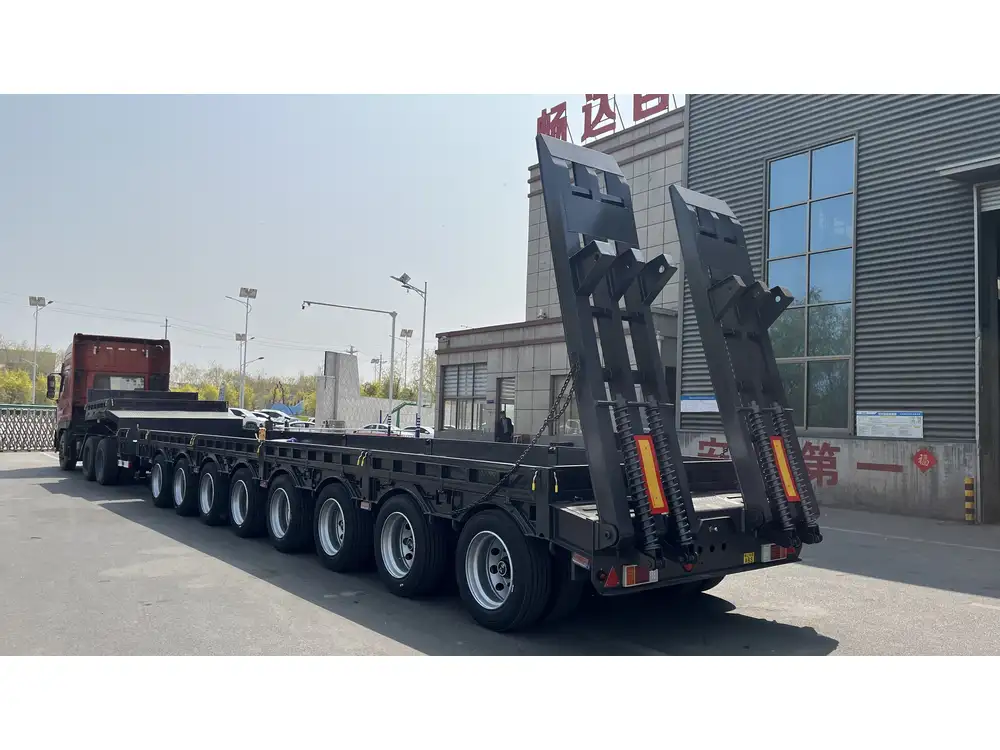
How the Apron Impacts Semi-Trailer Efficiency
Stability on the Road
Excellent a semi-trailer design hinges massively on the apron’s configuration. An unreliable apron can result in instability while the vehicle is in transit, leading to swaying or even loss of control. This can escalate into hazardous situations, increasing the risk during operation.
Fuel Efficiency
A lightweight apron contributes significantly to the vehicle’s overall efficiency. By reducing the overall weight, operators may find they save considerably on fuel costs, making their operations more economically viable over long hauls.
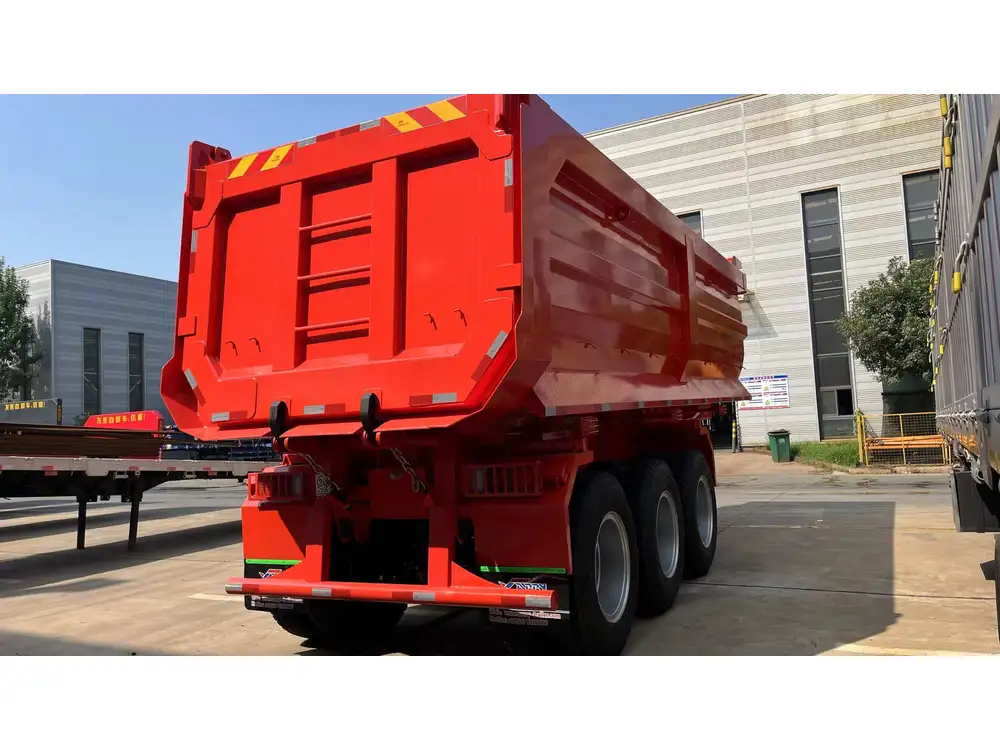
Load Management
An efficient apron design aids load management by ensuring uniform weight distribution throughout the trailer. A well-designed apron can minimize the risk of overloading on one side of the trailer, which could otherwise lead to damage or accidents.
Maintenance Tips for Aprons
Just as every component of a semi-trailer requires attentive care, so too does the apron. Implementing a regular maintenance routine can significantly extend its lifespan and performance.
Regular Inspection
- Check for wear and tear—look for signs of rust, dents, or any structural abnormalities.
- Inspect the connections and joints to ensure they are secure.

Cleaning
- Regularly wash the apron surface to remove debris that could cause corrosion or hinder performance.
- Use appropriate cleaning products that do not negatively affect the material’s integrity.
Lubrication
Applying lubrication to the connection points where the apron meets the fifth wheel can reduce friction and wear, promoting smoother operations.
Replacement Signs
Keep an eye out for the following indicators which may signify it’s time to replace your apron:
- Deterioration of material due to oxidation or physical damage.
- Consistent loosening at the connection points, indicating wear and compromising the safety features.
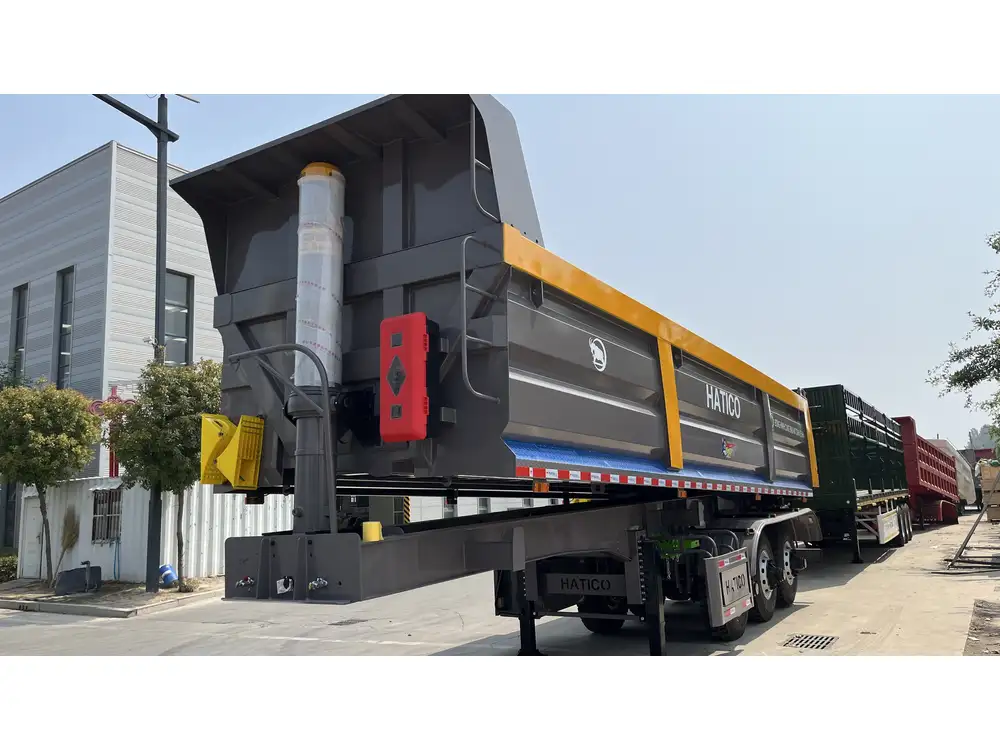
Conclusion: The Crucial Role of Aprons in Semi-Trailer Design
In summary, the apron is a vital element of semi-trailer construction that serves multiple purposes—from maintaining stability to enhancing fuel efficiency. As we dissected its various forms, functions, and maintenance needs, it’s evident that understanding the nuances of aprons can lead to smarter, safer transport operations.
A well-chosen apron not only promotes a secure connection between the trailer and tractor, but it also serves as a testament to the overall quality and reliability of your transport equipment. Whether you are involved in general freight transport or special heavy-duty ventures, selecting the right apron can make a substantial difference in performance and operational success.
As trucking and transportation evolve, ensuring that key components like the apron are both robust and efficient will remain paramount. Thus, manufacturers, operators, and logistics planners must not underestimate the impact this fundamental piece can have on the industry as a whole.



